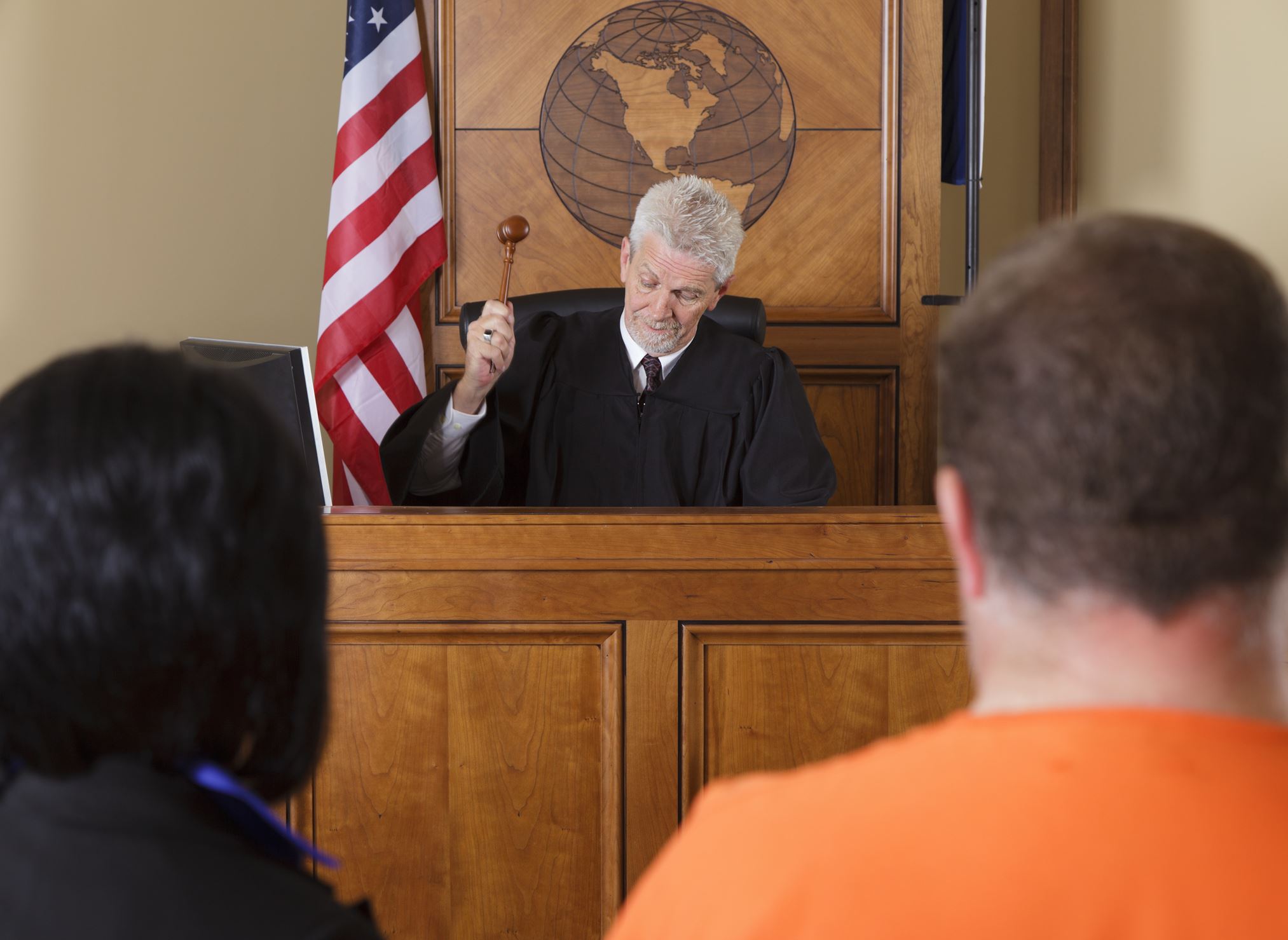Call us now:
How to Beat Cocaine Trafficking and Possession of Drugs
Drug Trafficking offenses in Florida all have one thing in common, they can get you sentenced to many years in prison even if you have no record. A conviction for “trafficking in illegal drugs” is punished with large fines, a criminal record, a lengthy probation period, a damaged reputation, and other severe consequences. Not only is a prison sentence required, but there will also be many additional consequences including but not limited to a fine, conviction, permanent record, drivers license suspension, employment and benefits problems, and deportation.
When faced with such extreme consequences, you want a criminal defense attorney who has decades of legal experience defending clients, crafting drug trafficking defenses, and who is aggressive. Having a criminal trial expert on your side will increase the probability that the accused will avoid severe consequences.

What Is Florida Cocaine Trafficking?
Florida Section 893.135 explains the punishments for the different levels of cocaine trafficking in the State of Florida. If the defendant is found guilty of trafficking cocaine, the penalties will depend on the quantity of cocaine the defendant was found with them. The most common trafficking charge is trafficking in cocaine, but many other drugs can be the basis of a trafficking charge. more information can be found here.
If a person purchases, delivers, sells, manufactures, or transports cocaine into Florida from another state, that individual is committing the crime of “trafficking in illegal drugs.” The amount of cocaine either possessed constructively or actually to be considered a trafficking offense is 28 grams, according to Florida Statute §893.135(c)(1). The difference between a possession of controlled substance charge or simple possession of cocaine charge and a trafficking charge is usually just the total amount of weight of the substance.
What are the Penalties for Cocaine Trafficking and Possession of Controlled Substance in Florida?
Possession of controlled substances is a 3rd degree felony punishable by up to 5 years in prison and up to $5000 fine, while trafficking in cocaine is a first degree felony punishable by up to 30 years in prison and carries a mandatory fine and prison sentence. The mandatory prison sentence varies based on the weight of cocaine. For example the lowest trafficking level requires a 3 year minimum mandatory prison sentence. The mandatory sentences increase as the amount of cocaine charged increases.
Additionally, possession of controlled substance and trafficking are both felonies, and all felonies in Florida are subject to the CPC or the criminal punishment code, which gives a numerical value to any Florida crime, and after a scoresheet is completed could result in a minimum sentence higher than the minimum mandatory once prior record and any aggravating circumstances are included.
Sentence Reductions for Informants
According to Florida Section 893.135(4), the State’s attorneys are allowed to offer the accused a reduction in his or her prison sentence if the accused is able to provide information on high-level co-conspirators and criminal associates. The judge overseeing the criminal case of the defendant will review the proposal to decide if the accused provided law enforcement with any valuable information or assistance before the judge approves any proposal offered by the state prosecutors.
The Burden of Proof in Cocaine Trafficking and Possession of Controlled Trials
For trafficking in drugs the State prosecutors must prove the weight of the cocaine, the drug was cocaine, and the accused was in possession. The possession can be actual or constructive. Constructive means the accused had knowledge of the drugs, and control over the drugs. All elements of the crime must be proven beyond a reasonable doubt to a jury. The elements of possession of controlled substances are the same without requiring any weight of drugs to be proven.
Actual versus constructive possession are ways to prove a crime, they are not distinct charges in Florida, so if you are accused of actually or constructively possessing drugs they penalties would be the same upon conviction. Actual possession is only distinct because it means the State is accusing you of having the drugs on your person in some manner.
Example Defenses to Florida Cocaine Trafficking Charges and Possession Charges
The best defense is a good offense, and before getting to trial it is crucial to identify if there is a way to challenge the admissibility of the drugs or any evidence against you. The most common issue is whether there are any motions to suppress evidence available pretrial.
A “motion to suppress” is a pre-trial legal pleading that asks the court to review the law enforcement officers’ actions. The State must provide the defense with discovery according to the Florida rules of criminal procedure (Fl. Rule 3.220). Once an experienced defense attorney can review your case discovery, it may be possible to identify some illegal action taken by law enforcement. This could be anything from detaining you without sufficient reasonable suspicion of a crime, an arrest without probable cause, questioning without Miranda warnings, ignoring an invocation of rights, exceeding the scope of consent to search, searching without sufficient probable cause, violating the scope of a search warrant, providing false information in a warrant application, or any number of issues which an experienced aggressive defense attorney can identify. Once brought to the Court’s attention it is possible to get an evidentiary hearing and keep the evidence out of your case.
Even without a motion to suppress, the burden is on the State to prove beyond a reasonable doubt that the accused had “possession” of the cocaine. That means the facts can still be argued that you didn’t know about, have control over, or possess any illegal drugs.

Defend Against Possession and Drug Trafficking – help from a Gainesville Drug Crime Lawyer
There are many ways to defend against drug charges in court or build a strong case for plea negotiations, dismissal of charges, or challenging the lawfulness of the seizure of drugs and/or evidence. There are also many factual challenges that can present themselves in a drug case. Some issues that Matt Landsman may use in your case are: misidentification by witnesses or police, misunderstanding of the nature of facts or law by the police or defendant, unreliable sources of information used by the police, entrapment, or violation of rights by the police.
Matt Landsman is Board Certified in Criminal Trial Law by the Florida Bar. This certification is the highest level of evaluation by the Florida Bar of competency and experience within an area of law and reflects the highest professionalism and ethics in the practice of law. For even more information about different drug crimes please visit our criminal law page.
Matt Landsman proudly serves clients who face charges for narcotics, controlled substances, or drugs throughout North Florida and Gainesville. Reach out today to find out how he can help.
Discuss Your Case with our Aggressive Cocaine Trafficking Defense Lawyer
Criminal Defense Lawyer Matt Landsman at Landsman Law helps people accused of crimes in Gainesville, Alachua County, Levy County, Gilchrist County, and surrounding areas of north Florida. If you need help for yourself or a loved one contact Criminal Defense Attorney Matt Landsman for a free consultation today. For help with any Criminal Matter from Board Certified Criminal Trial Lawyer Matt Landsman – CALL NOW
Have you been accused of a crime in Gainesville or North Florida? Call or contact us online to schedule a free consultation in Gainesville Florida
